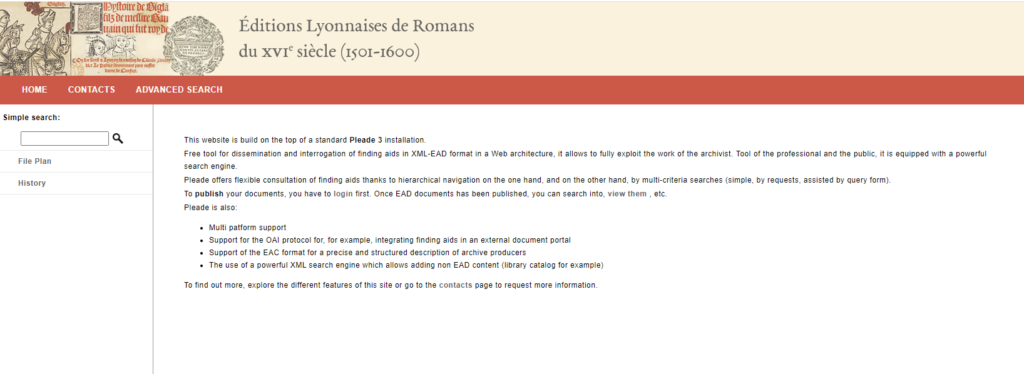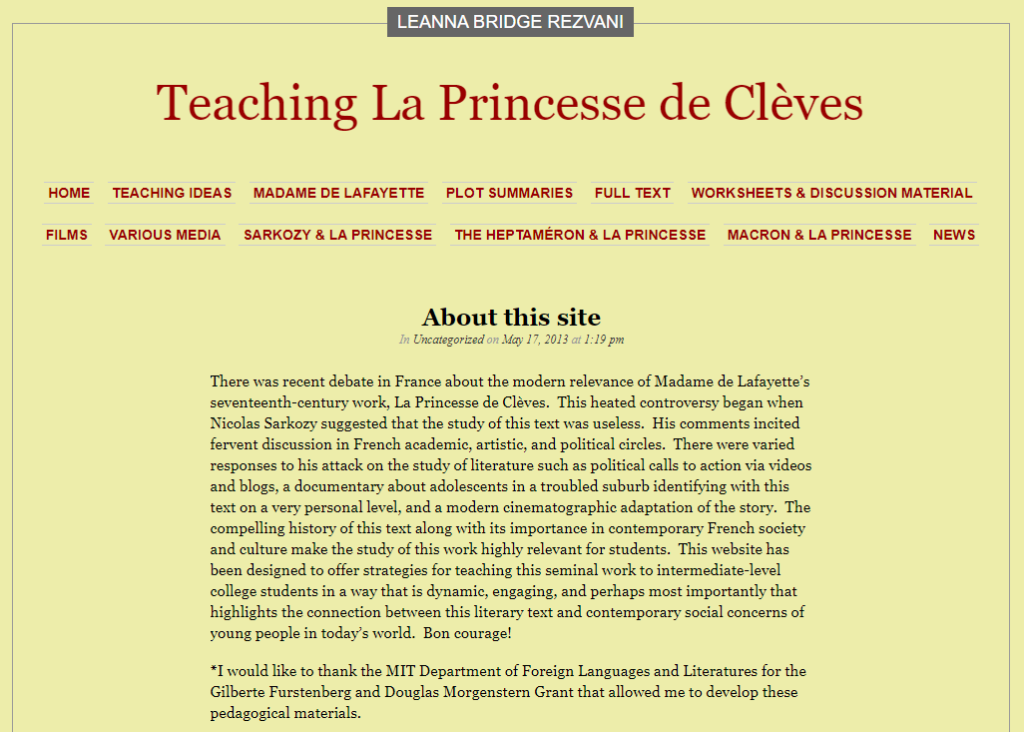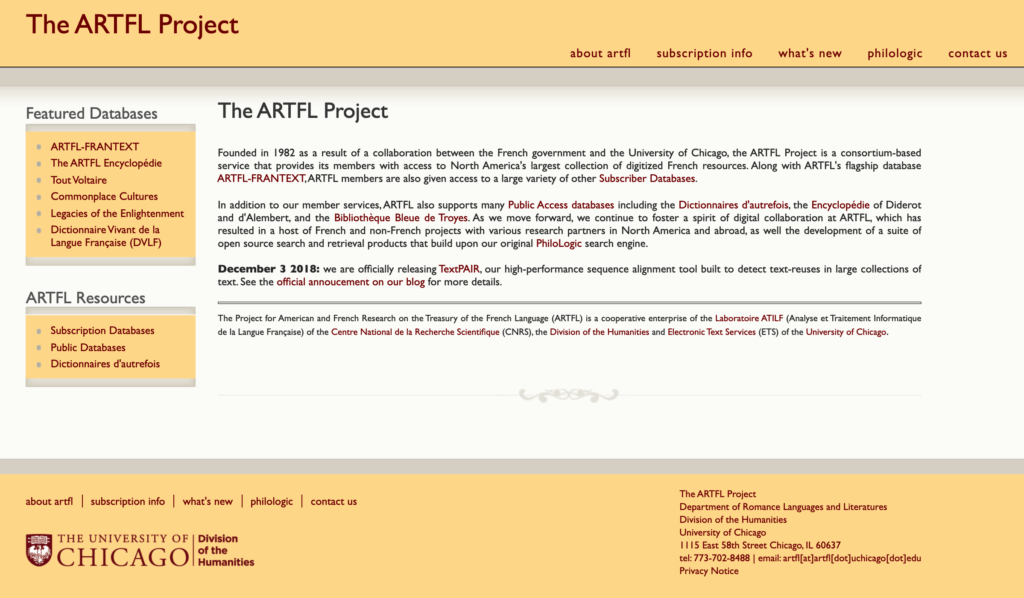
https://petruscamper.com/billon.htm
This [1972] dissertation is the first study devoted to François de Billon and his book “Le Fort inexpugnable de l’honneur du sexe femenin” (1555), though his name crops up in works on feminism as a strong defender of women and the historian of the “Querelle des Femmes”. Billon serves as the basis for Abel Lefranc’s judgment that Rabelais was the misogynist par excellence, and that the “Tiers Livre” is Rabelais’s participation in the “Querelle des Femmes” (1904). This view has been disputed in recent years, and a closer study of Billon should elucidate this question.
A careful analysis of this work, aided by research of biographical and historical nature, shows that the prime interest of Billon was not a defense of women but a defense of secretaries and particularly those working in the interest of the Kingdom of France. Convinced that women and secretaries both suffer from unjustified contempt, and that they should be judged according to their individual merit, Billon joins the party of the defenders of women in the hope they in turn will help his own kind. By ignoring the last third part of the book, devoted to the greatness of France, and the divine mission of the King of France and his helpers (his secretaries), critics have overlooked Billon’s real interest: his belief in the prophecies of Guillaume Postel and his fervent patriotism. His adherence to the ideas of Postel and his admiration for him explain his antagonism to Rabelais, giving it a very personal slant and disqualifying him as an objective judge of Rabelais’s ideas. This study shows that even though Billon understands the essence of women’s griefs, he is no historian of the “Querelle” and is a participant only in so far that he believes all human beings should be judged on their merit instead of their birth, thus expressing some aspirations of the educated bourgeoisie and the rising class of fonctionnaires. This conviction results in interesting commentaries on events and persons of his times that lead the modern reader to a better understanding of 16th-century society.








